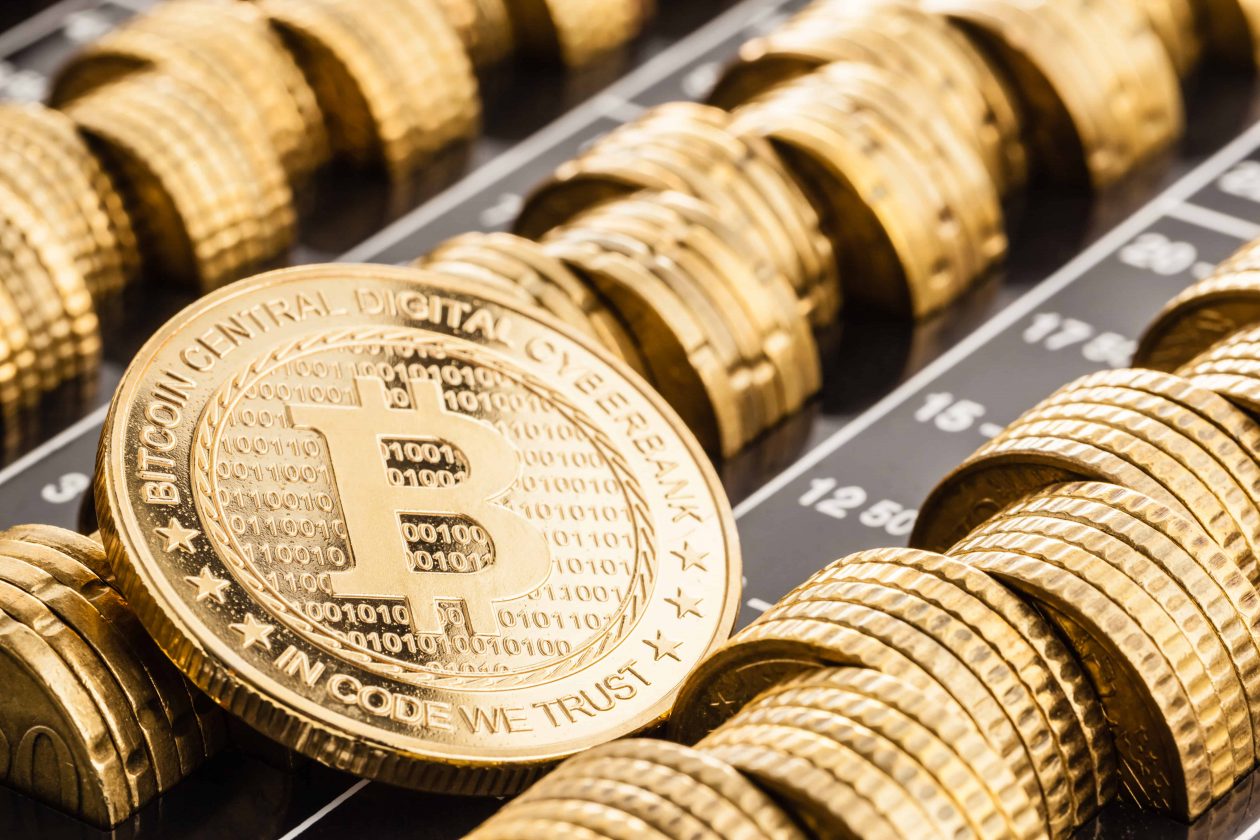In what could be the start of a seismic shift of fortunes for Bitcoin holders around the world, President Nayib Bukele’s proposal to adopt Bitcoin as El Salvador’s national currency is on the brink of becoming reality as the country’s unicameral legislative assembly voted overwhelmingly in favor of his bill, just hours after it was introduced late Tuesday night.
Last Saturday, at Bitcoin 2021 in Miami, Bukele announced in a pre-recorded video that El Salvador was in the process of adopting Bitcoin as legal tender — a move that would make the Central American country the first in the world to classify BTC as an official national currency. With Bukele’s political party — Nuevas Ideas — holding a supermajority of the legislative assembly, the bill passed easily, with 62 out of 84 possible votes. The bill will now be sent back to Bukele to sign into law within the next 10 days.
As Bukele himself introduced the law, it now seems incredibly unlikely that he would veto the legislation.
El Salvador — one of the smallest countries in Central America — has a population of 6.4 million, with over 1.5 million Salvadorans living abroad. Crime and violence have not only dragged down the nation’s economic growth but also spurred Salvadorans to migrate. In 2020, El Salvador’s GDP contracted by 8.7% but economic growth is expected to be 4.9%in 2021 according to the World Bank.
“70% of people in El Salvador do not have bank accounts. Thanks to Bitcoin they will never need them,” Edan Yago, co-founder at Sovryn, a leading protocol for DeFi on Bitcoin, told Forkast.News in an email. “El Salvador will leapfrog our increasingly corrupt monetary and financial systems and be among the first people to benefit from a more transparent, more secure system.”
El Salvador’s moves to make Bitcoin legal tender will likely have important consequences for Bitcoin investors worldwide. Bukele’s initial announcement has already appeared to trigger a domino effect in the Americas, with politicians in Panama, Brazil, Argentina and Paraguay reportedly now also looking to follow El Salvador on adopting Bitcoin as their national currency.
“Bitcoin holders will soon be in a position to argue that financial regulators and tax authorities around the world should now recognize BTC as a foreign currency. That could affect how the profits from Bitcoin investments will be taxed.” said Ulrik K.Lykke, executive director at digital assets hedge fund ARK36, in an interview with Forkast.News in an interview. “As spending BTC would no longer be a taxable event if it gains a foreign currency status, it could be an incentive for a new wave of investors to consider diversifying their portfolios into Bitcoin. It could also encourage more institutions to hold BTC on their balance sheets.”
What does El Salvador’s Bitcoin bill entail?
The bill passed by El Salvador’s legislative assembly will classify Bitcoin as legal tender, to work in tandem with the U.S. dollar.
If Bukele’s bill becomes law, it would mean that Bitcoin will be treated as and adopt all the traits of a national currency. This would mean retailers in El Salvador must accept BTC from customers for the purchase of goods and services. The national and local governments of El Salvador must also accept Bitcoin for the payment of taxes, fines and licensing fees.
Like the U.S. dollar, it would also mean that Bitcoin holdings and any price appreciation would not be subject to a capital gains tax.
“In order to promote the economic growth of the country, it is necessary to authorize the circulation of a digital currency whose value obeys exclusively free market criteria, in order to increase national wealth for the benefit of the greatest number of inhabitants,” according to the bill passed on Tuesday.
The bill also states that the government will create a trust at the Development Bank of El Salvador that will enable the “instantaneous convertibility of Bitcoin to dollar.”
Should Bukele now sign off on his Bitcoin bill, the law will take effect in El Salvador within 90 days.
Why Bitcoin as a national currency?
Following his surprise announcement at Bitcoin 2021, Bukele said on Twitter that if just 1% percent of Bitcoin’s US$680 billion market cap moved to El Salvador, it would increase the nation’s global domestic product by 25% percent.
Bukele also said that emigrants sent around US$6 billion in remittances to their home country from places like the United States every year. Currently, those funds are processed by intermediaries such as Western Union, which take cuts of as much as 20% percent. “By using bitcoin,” Bukele wrote, “the amount received by more than a million low-income families will increase in the equivalent of billions of dollars every year.”
El Salvador has had a dollarized economy since its own currency, the colón, was replaced by the greenback in 2001. Until recently, that had helped to stabilize its economy, which had been suffering from persistently low levels of economic growth. To keep the U.S. economy afloat throughout the Covid-19 pandemic, however, the Federal Reserve has been printing money at a breakneck pace, boosting the supply of U.S. dollars in circulation by 32% between February 2020 and last month. During that time, it has created nearly US$5 trillion, fueling inflation in economies tied to the dollar.
“In order to mitigate the negative impact from central banks, it becomes necessary to authorize the circulation of a digital currency with a supply that cannot be controlled by any central bank and is only altered in accord with objective and calculable criteria,” Bukele said, at Bitcoin 2021. As its supply is capped at 21 million units, Bitcoin is said to be immune to the inflationary pressures that are currently affecting the U.S. dollar.





